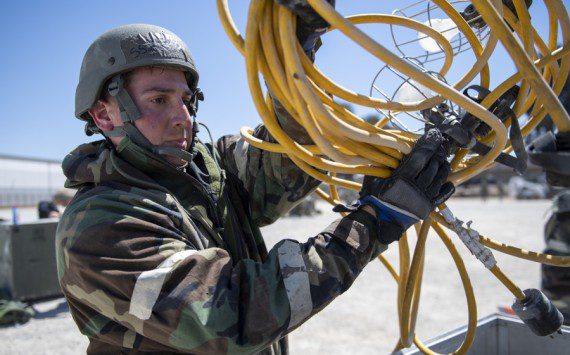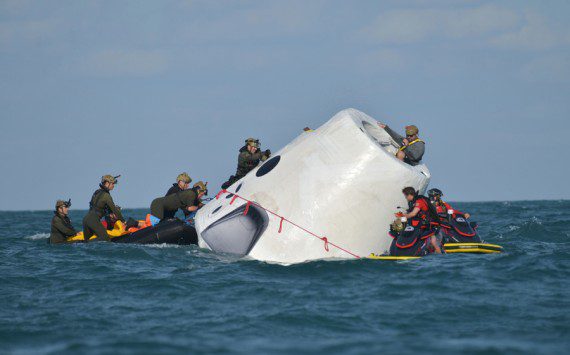Leidos, a national security, health, and engineering solutions company, was awarded a prime contract by the Defense Advanced Research Projects Agency to provide research and development in support of Phase 2 for the Shared Spectrum Access for Radar and Communications program.
The single-award cost-plus fixed-fee contract has an eleven month base period of performance, an eleven month option, and a total contract value of approximately $14 million, if the option is exercised. Work will be performed primarily in Arlington, Va.
The SSPARC program seeks to improve radar and communications capabilities through spectrum sharing.
In Phase 1 of the SSPARC effort the Leidos team proved, via a high-fidelity end-to-end simulation, that the minimum distance from military radar that commercial wireless may operate can be reduced 50x.
Two innovative interference mitigation mechanisms, coordinated frequency hopping and mainbeam avoidance were developed to allow shorter minimum stand-off distances.
In Phase 2 of the contract, Leidos will perform laboratory testing and a field demonstration to validate the technology using real-time software with physical radar and communications systems.
If successful, the algorithms developed will allow increased radio frequency spectrum availability for both radar and communications systems, which is currently a significant operational constraint.
“We look forward to providing DARPA with real-time radio frequency management expertise to assist with the expansion of spectrum sharing between radar, military radios, and commercial wireless systems,” said Leidos Group President, John Fratamico.
Quicklinks











